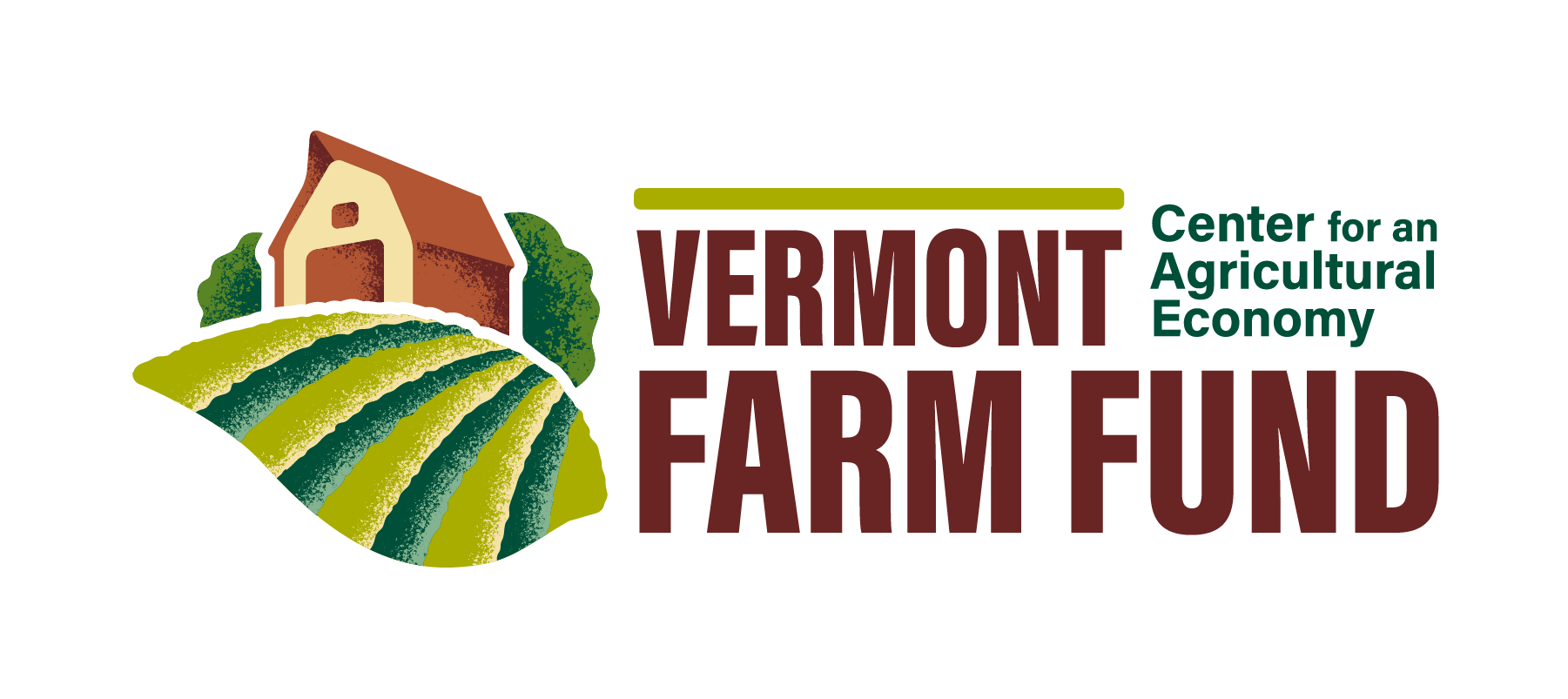Jersey Girls Dairy
Business Focus
Jersey Girls Dairy milks 20-25 pastured Jerseys in Chester, VT and raises calves for veal along the banks of the Williams River. In operation since 1999, the dairy started out selling raw milk to neighbors and cheesemakers. It now includes a full-scale pasteurizing operation and bottling line and is selling milk, eggs, cheese, and veal at Jersey Girls Farm Store, where you can purchase products from the dairy as well as delicious prepared foods. Their products are also sold at area farmers’ markets, local groceries, and restaurants. Lisa’s milk, eggs, and cheese have made their way to several New York City restaurants through Vermont Quality Meats distribution and are available to the public in NYC through Eat Food Distributors CSA.
Loan Summary
Farm owner Lisa Kaiman received a $10,000 Emergency Loan to help stabilize her business throughout the winter following severe flooding from Tropical Storm Irene in 2011. In addition to paying for immediate costs of feed and bedding, the loan enabled Lisa to continue with plans to install a pasteurizing system that would lead to increased fluid milk sales in the local market.
Five years after the storm, in 2016 Lisa came back to the VFF for a second $10,000 emergency loan. Still recovering from Irene, she needed to repair the riverbank to prevent her fields from eroding into the river. It took five years to get the necessary state permits to complete this work, and she had received a grant to help cover the cost, but by the time the permits came through the grant money had expired, and she was required to complete the work within the next three months. With help from the VFF, she was able to cover the cost of the river stabilization work.
Working with the Vermont Farm Fund was a million times easier than working with the state.
The Backstory
In 1999 Lisa Kaiman opened Jersey Girls Dairy in Chester, Vermont. The Princeton, NJ, native who first milked cows as an aspiring veterinarian was determined to make it work. She spent some eight years working on other people’s farms, studying what she liked and didn’t like. She bought an old farmhouse that had no running water or electricity and started remodeling. It wasn’t long before she was milking 2 dozen Jersey Cows and selling raw milk to some of Vermont’s finest cheesemakers and to her neighbors as well. Soon she started selling veal to a few local restaurants. Through hard work, innovative thinking and sincere love of her animals she has grown the business by supplying milk to Vermont cheesemakers and selling veal to local chefs.
It didn’t feel right taking money that was generously offered from customers and the community. What I like about the Vermont Farm Fund is that it is farmers lending to farmers; I was comfortable about accepting help from my peers.
In August 2011, Tropical Storm Irene nearly destroyed all that Lisa had built over the past twelve years. Her grazing fields were turned into a river that left behind nearly a foot of silt and washed away the only access road to her farm. Without clean pastureland, Lisa had no choice but to start feeding her cows hay that was supposed to be used to feed them in the coming winter months. The biggest problem, however, was that without a road, the milk truck didn’t have access to her farm. As a result, she immediately lost her cheesemaking customers who were forced to find other suppliers. Adding insult to injury, with no delivery options, Lisa was forced to dump most of what she milked for several weeks after the flood. Her restaurant veal business dried up overnight too when loyal local chefs, struggling to find business, saw fall tourism drop dramatically due to the floods.
The road to flood recovery has been a long one at Jersey Girls Dairy. After attending to the immediate needs of the emergency, Lisa was faced with rebuilding her customer base, and watched, helpless, as her rich bottomland farm fields slowly eroded into the river while she waited for the state to process permits for riverbank stabilization.
The Bottom Line
Surviving for 20 years as a small scale dairy operation in Vermont is a feat on its own, never mind navigating flood recovery, state bureaucracy, and changing markets. Despite the challenges, Jersey Girls Dairy has emerged stronger and more resilient, now that it has an on-farm processing plant to bottle its milk and sell it at an on-farm store.


